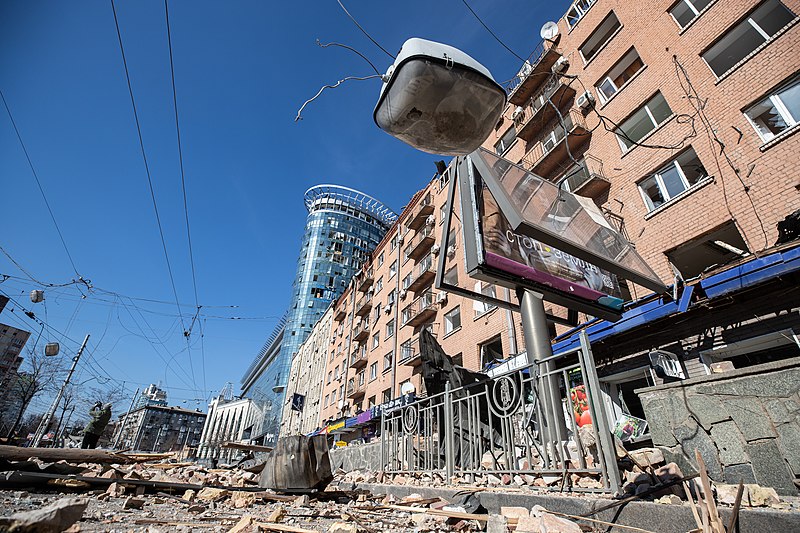
A 5.2 magnitude earthquake rattled western Texas in the early hours of Wednesday, as reported by the U.S. Geological Survey. This seismic event is part of a growing trend of earthquakes
impacting the state, potentially linked to the increased oil and gas drilling activities.
The earthquake occurred at approximately 4:27 a.m. local time, nearly 24 miles southwest of Mentone, Texas, a town situated near the Texas-New Mexico border. It was approximately 57 miles southwest of Carlsbad, New Mexico, and about 200 miles east of El Paso, Texas. The region, known as the Delaware Basin, is a central hub for oil extraction in Texas and has witnessed a surge in small earthquakes since 2017, according to Texas state records.
No immediate reports of damage or injuries have been made. A similar event, with a magnitude of 5.4, took place in the same area last November. Experts suggest that these earthquakes are associated with fracking activities, though not necessarily directly caused by them.
According to the U.S. Geological Survey (USGS), the earthquake had a depth of 7.4 kilometers, leading to significant shaking in the immediate vicinity. The National Weather Service office in El Paso stated that workers in Santa Teresa, New Mexico, approximately 215 miles west of Mentone, also felt the earthquake.
Previously, the USGS reported the quake as a 5.3 magnitude event.
Are Earthquakes Increasing in Texas? The frequency of earthquakes in Texas has been steadily rising due to the increase in oil and gas drilling and extraction activities. In the previous year, Texas experienced more earthquakes with a magnitude of 2.5 or higher than California, as indicated by Texas officials.
Thus far in the current year, Texas has witnessed 591 earthquakes with a magnitude of 2.5 or higher, compared to 207 in the entirety of 2019. In 2017, state authorities significantly expanded earthquake monitoring efforts.
A 2022 report from the University of Texas at Austin found that 68% of Texas earthquakes with a magnitude above 1.5 were "highly associated" with oil and gas production.
Can Human Activities Cause Earthquakes? Indeed, scientific studies have established a strong link between human activities and earthquakes, particularly those that involve underground actions. A notable example is the Paradox Valley in Colorado, where the injection of saltwater under high pressure deep into the ground has resulted in repeated seismic events. The purpose of this underground activity was to safeguard the Colorado River from naturally occurring saltwater while enhancing the quality of irrigation water for downstream farmers.
In Oklahoma, thousands of minor earthquakes during 2015 and 2016 were attributed to oil and gas drilling activities. Subsequently, industry regulations were implemented to mitigate these risks.
Experts have previously clarified that the injection of water and various fluids into deep wells at high pressure effectively "lubricates" existing fault lines, leading to their slippage and, consequently, seismic events. These are commonly referred to as "induced" earthquakes.
Did Fracking Trigger the Texas Earthquake? It is essential to recognize that while oil and gas production activities can cause earthquakes, the primary focus should not necessarily be on fracking itself. The oil and gas industry plays a crucial role in the nation's economy, impacting various sectors, such as gasoline, jet fuel, diesel, heating oil, and other petroleum products, and providing employment for millions of Americans directly and indirectly.
During the drilling of a new well, hydraulic fracturing, or fracking, is typically employed. This process involves injecting high-pressure water and chemicals into underground rock formations housing oil and natural gas. Although fracking can induce earthquakes, they are typically of such low magnitude that they go unnoticed by the general population, as indicated by federal scientists. It's important to note that fracking enhances well productivity beyond what occurs naturally. Photo by formulanone, Wikimedia commons.



































































